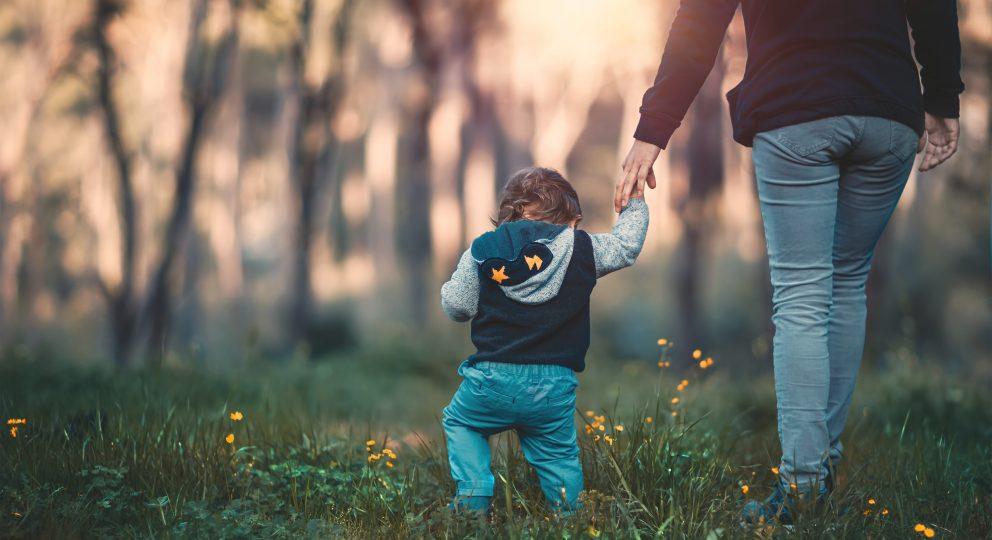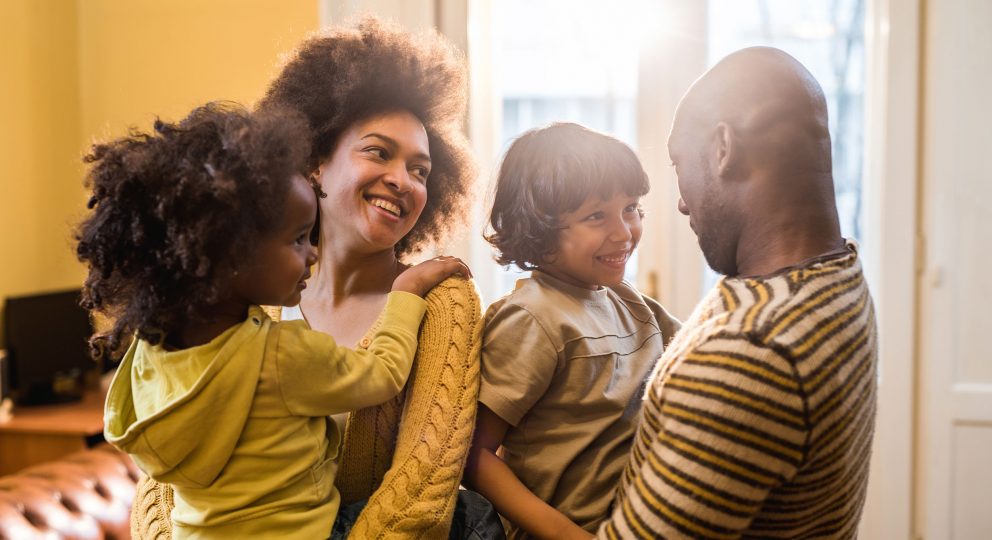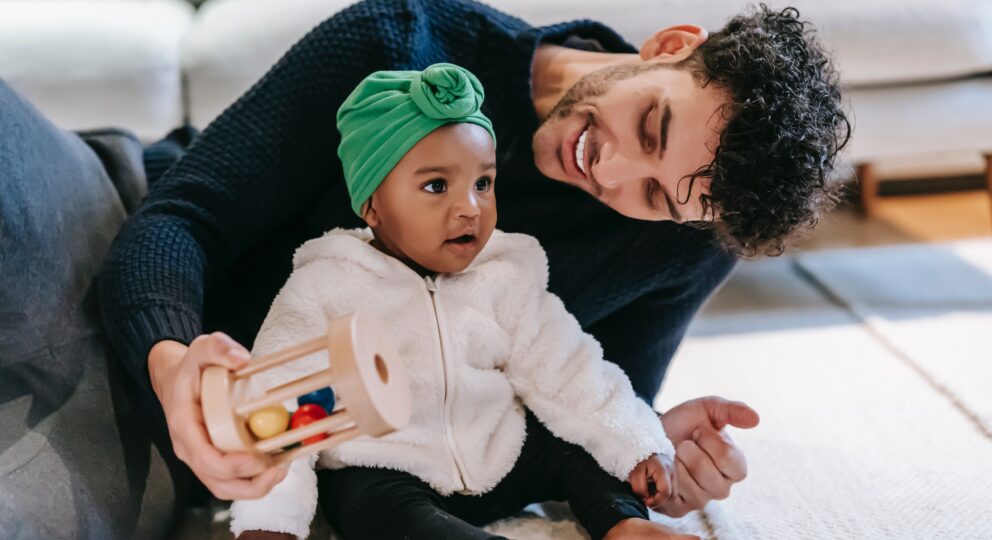My son is three years old, stuffed full of primal energy and emotion. He has the drive of a sprinter and the legs of a lamb. He is fascinated by scissors, matches, knives (anything I say no to), and loves to tip food on the floor or splash the water out of the bath.
In short, he is a firework, and I adore his energy. Yet this kind of youthful curiousness requires channeling all the time and is exhausting for his two mothers. Left alone for five full minutes, this boy-shaped tornado can tear through an entire room, drawing on the walls, ripping houseplants apart, and smashing the television (before sitting back on the sofa and giggling).
No wonder, then, that when the UK “lockdown” was announced, my parental jawbone clenched. What would I do with my bouncy, inquisitive boy, now that all our usual hotspots had just closed? We could no longer take him to his grandparents. We could not go for lunch with cousins. Our favorite playgrounds were all closed, as was the soft play center and the ice cream parlor and, kind of, well… everywhere.
Most troublesome of all was the lack of toddler playdates. I watched, dismayed, as my little boy was forced to Facetime his best friend, also three. Watching them interact on a screen just felt so wrong, too sophisticated and disembodied. For the first few days, I felt so sad for my little boy and the normal life he had forsaken. All those things he couldn’t do and people he couldn’t see! Would it negatively impact his development, affect his heart, his brain, his soul?
No is the answer or not at all. After a week I noticed lots of positive things going on too. Spring arrived in London and, thanks to the extra time we were spending in the local park, my son’s excitement for the natural world amplified. We created landscapes from sticks and leaves and tree roots. I stopped thinking about what my son was prohibited from learning, or doing, and began thinking about what he was learning or doing instead.
With this, I began to regard the playground differently, a useful but limiting set of equipment, all fixed to the ground in an unchanging arrangement. Nature, on the other hand, brought us something different every day, thanks to seasons, temperature, weather. One day a puddle was dry and could be played in, the next it was muddy and made a splash! In early April, blossoms fell from the trees and lined the grass all pink. My son was flabbergasted, which made me realize that I was, too (it had been years since I had stopped to marvel at the blossom). Then came the roses everywhere as the city enjoyed a little heatwave. “Look mummy these are big, biiiiig petals!” and “It’s a hot sunny day today isn’t it?” He exclaimed in utter wonder.
The simple act of digging up some sand or throwing a rock into the pond, watching the water displace and create circles, brought such joy for both of us. He made spiders webs “wake up” with his little finger; we created a “house” from twigs and stones and spent an hour chasing a paper bag as it “went running” in the wind. At home we are also busy creatives, making cards for loved ones and constructing dens with blankets and boxes. Each afternoon we “take tea” together in the garden. He sits on an upturned flowerpot clutching a tiny cup of lukewarm herbal tea and I crouch on the floor with a steaming mug while listening to his chatter. “It’s delicious,” he says, smacking his lips, though he rarely drinks a single drop.
Sand, mud, tea, and giggling under blankets…. It hardly feels like the worst thing. I’m not underestimating or ignoring the obvious collective trauma of COVID-19, nor the huge pressure parents are under and the hike in anxiety in many children. I simply acknowledge what I found, which is that this extra space and time brought some positives—beautiful bonding days between my little son and me.
I also noticed what he taught me: to look beyond the limitations and notice opportunities. The playground may be closed (he seems to have long forgotten about it now) but the tiny stretch of sand next to his favorite tree isn’t closed. Hot chocolate isn’t closed and mommy’s study, a place stuffed full of exciting stationery he loves, isn’t closed either.
Most of all, our minds aren’t closed. We can imagine and remember. We play explorers, builders, and doctors, and have read more stories than ever. The extra time spent outside in the sunshine brought me closer to some old and happy childhood memories: long hot summers spent with my siblings playing cricket in the garden or going adventuring in the woods. Now I can recall and value the incredible freedom that a day with no plans brings.
I can’t pretend it’s all idyllic. I frequently am interrupted from piercing spider’s webs or digging sand by a fearful thought about the future, or the side-view of a facemask. There is no avoiding the tragic reality of this pandemic, yet we can hold such reality more easily when set alongside the glorious simplicity of childhood play. To put it another way: the simple stuff (my son and being his parent) is very simple, and the complex stuff (the pandemic and the world’s future) so very complex. It is a question of being with both and choosing, moment to moment, where to place focus.










